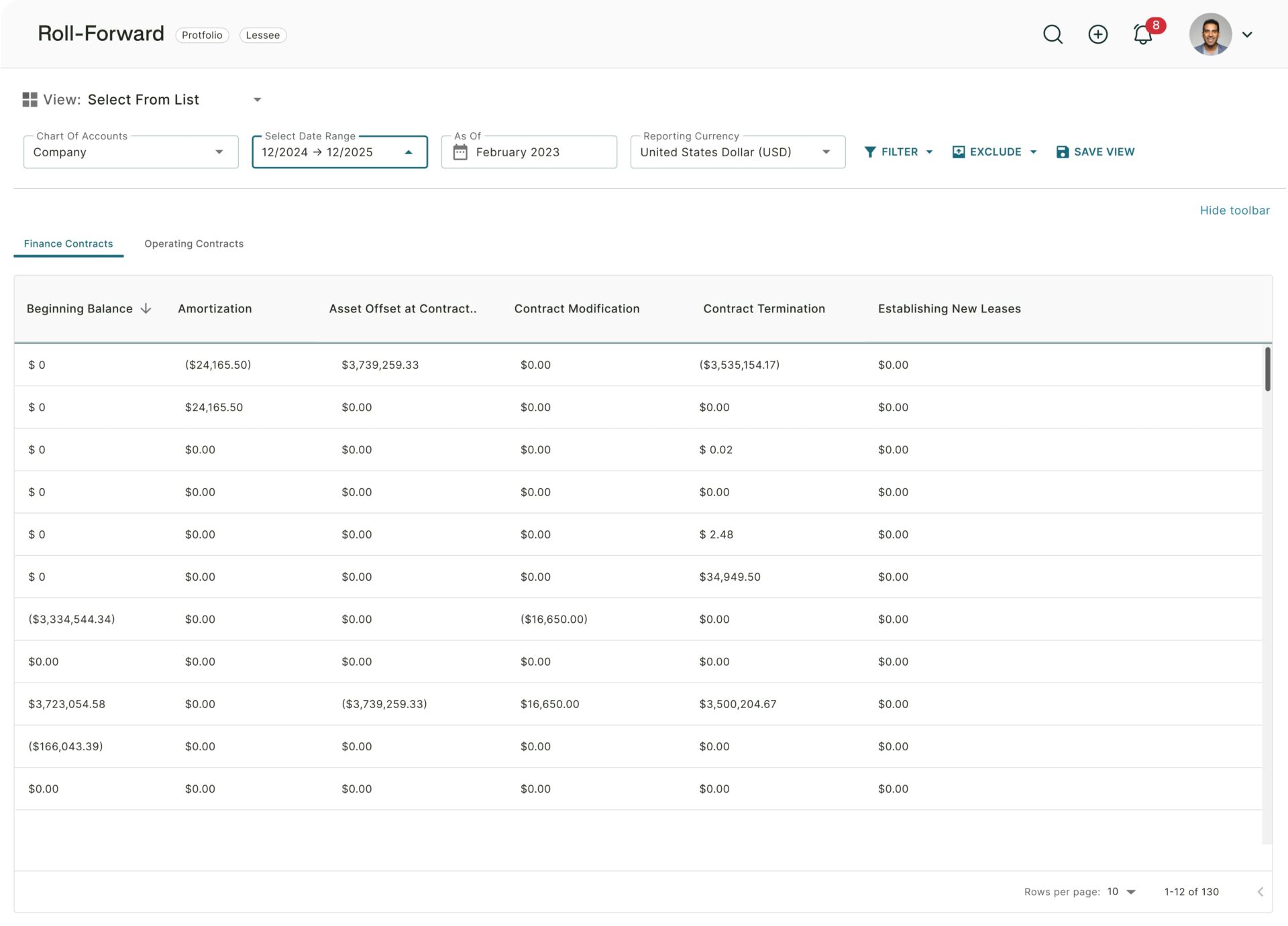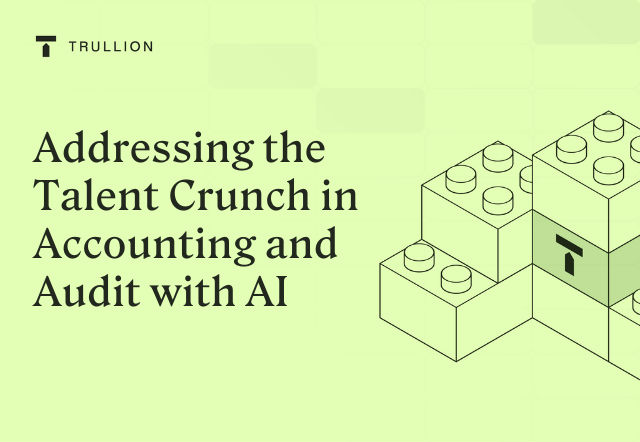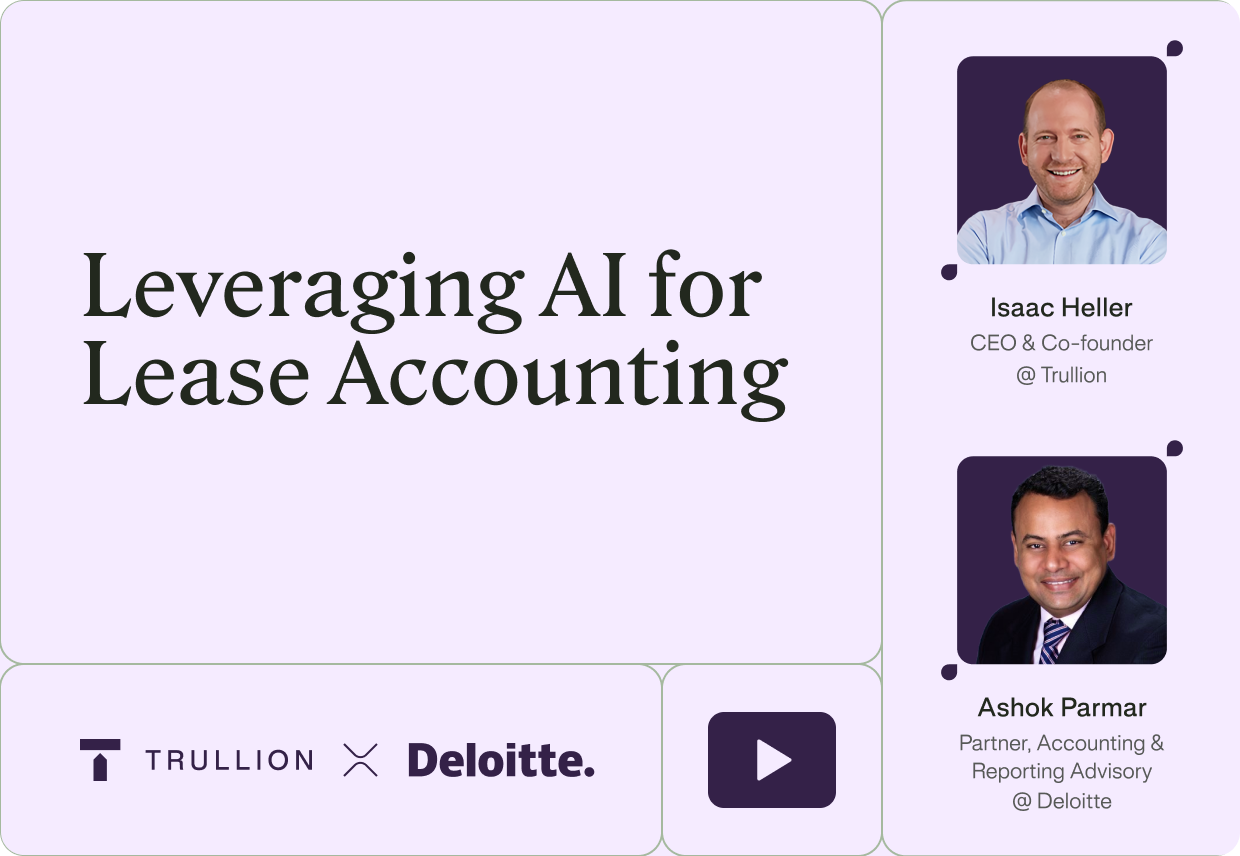From “The Great Resignation” to “Quiet Quitting” and beyond, many industries have had to deal with an outflow of talent in recent years. Arguably one of the worst affected, however, is the accounting and auditing profession.
This doesn’t only spell danger for the industry itself; it has knock-on effects that will impact society, and have potentially deep systemic consequences across every business sector – on a global scale.
This isn’t hyperbole.
The Wall Street Journal reports on a growing number of high profile business disclosures of material weakness surrounding ‘internal control over financial reporting’, or ICFR. Advance Auto Parts – having had to briefly delay a recent 10-Q filing, is one of several companies to acknowledge a lack of accounting staff as being at least partially to blame for the weakness of internal controls.
Despite academics intimating that the shortage is likely to be compounded as accountants retire without a sufficient replacement pipeline, there is some hope on the horizon. The good news is that new energy is being breathed into the profession from an unlikely quarter: Artificial Intelligence.
AI, seen by some as a threat to accounting jobs, is emerging as the key to reinvigorating the industry and reattracting the brightest talent.
The talent crunch in accounting and audit is real.
It’s no secret that the accounting and auditing industry is facing significant challenges when it comes to attracting and retaining talent in recent years. In fact, over 300,000 accountants and auditors have left their jobs in the last two years – a massive 17% decline.
Insider reports that fewer people are graduating, retaining talent is a challenge, and a shocking 75% of CPAs reached retirement age in 2020.
If that’s not enough, CFO Dive notes that over 90% of surveyed accountants and auditors found it challenging or “extremely challenging” to hire skilled talent, and as this talent pool shrinks, many employees are suffering from burnout, high stress, and a lack of work-life balance – further contributing to a talent exodus.
There are multiple reasons why the industry is struggling to attract and retain talent. Among these are:
- A relatively long and difficult process in order to qualify as a CPA
- Lower salary than similar industries
- High pressure and increased stress, particularly around audit season
- A perception that the industry is stagnant or unexciting
- A poor work-life balance
Before we delve into solving these challenges and reinvigorating the industry, it’s important to examine the consequences of the talent crunch, not just for the industry itself but for society as a whole.
Effects of the talent crunch on maintaining audit standards
Bloomberg reports on the financial reporting aspect of this talent crunch, noting the risk of internal control failures, accounting standards being applied incorrectly, and crucial items being missed.
So much depends on the work of accountants and auditors. It’s how investors and other stakeholders can trust the reported results of companies, and indeed it’s these professionals’ opinions that underpin the global world of commerce and society as a whole.
Once cracks start appearing, trust is lost, investment and trade shrink and a knock-on effect ensues that can turn back the clock on decades of progress.
The knock-on effects of the talent shortage on the economy, as well as investor and market confidence, are very real. Citing research by Bedrock AI, the WSJ reports that 600 out of 7,359 U.S listed companies reported material weakness related to personnel from January through June 2023. That’s a whopping 40.6% over the 2019 period.
Devastating financial disasters such as the Enron debacle, the Madoff scandal, and, more recently the collapse of FTX could all have been averted had the correct internal controls and audit procedures been in place.
One shudder to think what could be missed – and what consequences may arise – should an overworked audit and accounting industry have to examine the same number of companies, with fewer employees.
Moreover, with a financial ecosystem that has become increasingly complex – as automation and complex algorithms take over from human calculations – traditionally trained accountants and auditors might not have the skills to keep up.
This last point encapsulates the problem but also offers a hint in terms of where a solution to this talent crisis might be found.
How finance artificial intelligence can address talent gaps
AI, and accounting and auditing, are made for each other. It’s difficult to think of a better use case for a technology that can effortlessly spot anomalies, find patterns in data, or automate routine tasks.
Yet the industry, being relatively conservative, was hesitant to adopt AI.
Only once AI-powered accounting leaders such as Trullion showed the tremendous benefits of integrating this technology into the tech stack, was this adopted by mainstream companies.
AI directly addresses so many of the issues plaguing the industry from a talent perspective today.
- Automation of routine tasks to alleviate pressure and reduce stress: AI can automate repetitive and mundane tasks such as data entry, report generation, and transaction processing. From an audit perspective, it can take care of many tests, including tests of detail. By eliminating these monotonous tasks, AI frees up accountants’ and auditors’ time to focus on more strategic and value-added activities. This shift can make the profession more appealing to talent who seek intellectually stimulating work and wish to leverage their skills in problem-solving and analysis.
- Advanced data analytics to pick up issues quicker and more effectively: AI-powered data analytics tools can help accountants and auditors analyze vast amounts of financial data quickly and accurately. These tools can identify patterns, trends, and anomalies in financial data, enabling professionals to gain valuable insights and make informed decisions. The ability to work with cutting-edge technologies and extract meaningful insights from data can attract tech-savvy talent interested in leveraging AI and analytics in their careers.
- Enhanced decision-making to encourage bright minds: AI can assist accountants and auditors in making better decisions by providing real-time information, predictive analytics, and scenario modeling. With AI’s ability to process and analyze large volumes of data, professionals can have access to timely and accurate insights, enabling them to make informed decisions and recommendations. This aspect of AI can attract talent looking for opportunities to leverage technology to drive business outcomes and contribute strategically to organizations.
- Improved work-life balance: By automating routine tasks, AI can help reduce the workload and alleviate the burden of long working hours. The more efficient use of time and reduction in repetitive tasks can create a better work-life balance for accountants and auditors. Offering a more balanced and flexible work environment can be appealing to professionals who prioritize work-life integration and seek careers that offer a healthy blend of personal and professional commitments.
AI and upskilling existing talent
Of course, there are other challenges that need to be solved. For example, in terms of the length of time it takes to qualify as a CPA, and the difficulty of the process, perhaps there is scope to re-work the qualification criteria, replacing older, less relevant aspects of the training and spending more time on upskilling in terms of AI.
Indeed, given the panacea that AI offers in terms of solving many of the challenges of the accounting skills shortage, there is an urgent need to upskill current and prospective accountants when it comes to AI.
WorkLife magazine starts off a recent article entitled “How companies are training next-gen AI talent, to avert skills shortage” with the following paragraph, which is so relevant to our case:
“Amid the current generative AI boom, individuals and entire industries are asking both existential and practical questions about the potential of artificial intelligence. And while workforce adoption of AI isn’t novel on its own, rapid innovations and their accelerated proliferation have created a new race to recruit, train and apply the best AI talent, to fill what some have described as an ‘AI skills shortage crisis.’”
This change is already happening. For example, PwC announced a $1bn investment to upskill its 65,000 employees from an AI perspective.
The talent crunch: AI to the Rescue
Clearly there is a talent crunch in accounting and auditing, with serious consequences for the industry and for society as a whole.
While AI might be part of the challenge for accountants and auditors, it’s also a major part of the solution to the shrinking number of industry professionals.
By embracing AI, the industry can become more effective, more respected, and more attractive. With that increased pool of talent, comes the capability to meet modern-day financial reporting requirements, with confidence.










